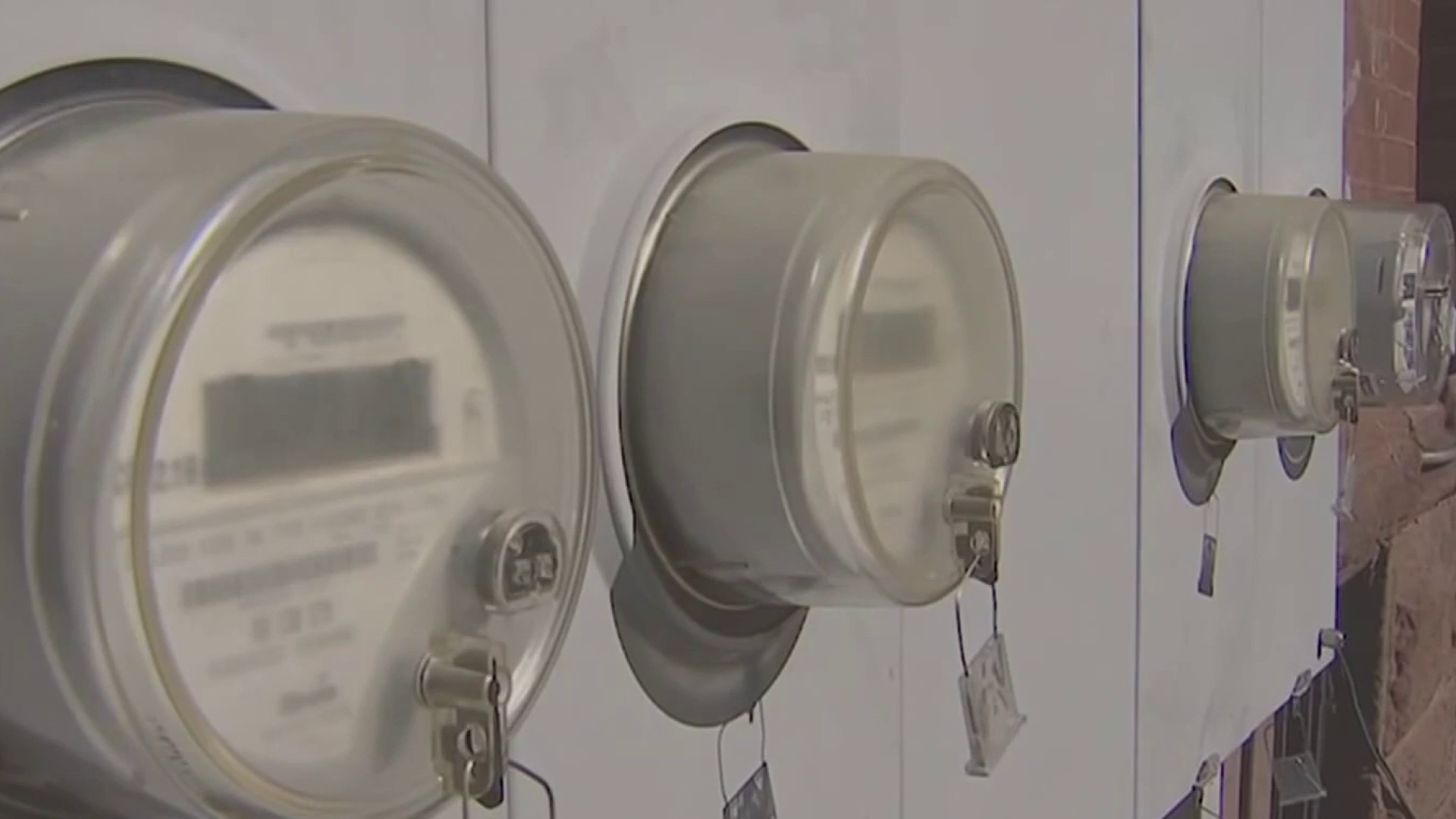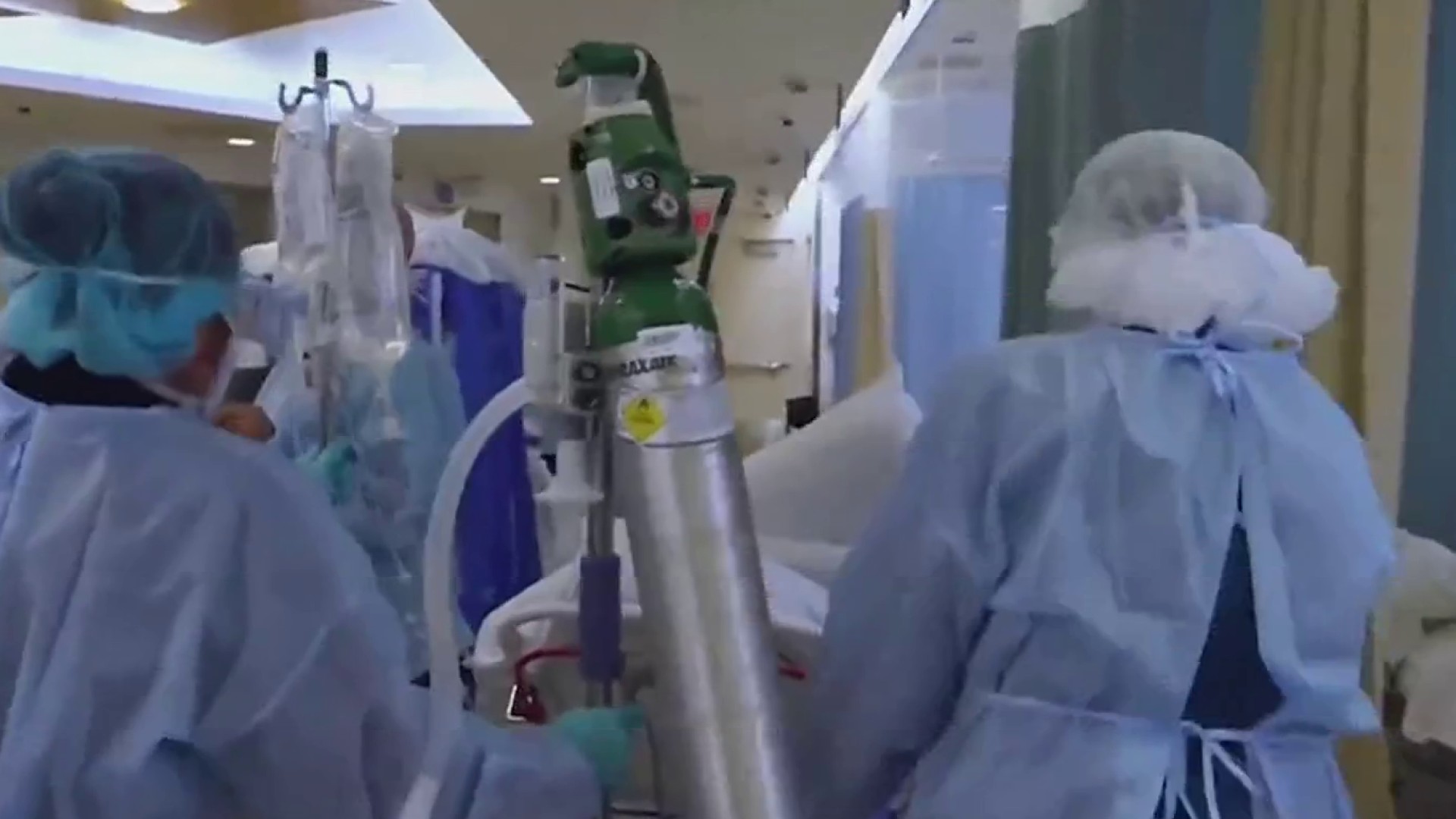Governor Lamont recently suggested purchasing drugs from Canada as a way to help lower the prices. But there are bills in the House and the Senate right now to address the high cost of prescriptions and healthcare overall. This has been tried before, though.
The pricing structure for prescription drugs is confusing and frustrating for patients and the people who dispense them.
Governor Lamont recently suggested purchasing drugs from Canada as a way to help lower the prices. But there are bills in the House and the Senate right now to address the high cost of prescriptions and healthcare overall. This has been tried before, though.
Will any of these plans gain some traction this time around?
Rep. Tracy Marra (R-Darien), a trained pharmacist, discusses how the role of pharmacy benefit manager has changed over the years, creating a situation where smaller pharmacies are often end up on the losing side of price negotiations.
Get top local stories in Connecticut delivered to you every morning. Sign up for NBC Connecticut's News Headlines newsletter.
Mike Hydeck: So having experience in the pharmacy world, what do you see as the biggest cost driver for consumers when it comes to drugs?
Tracy Marra: Well, I don't think there is one particular issue that's the biggest. I think that the problem is, is there's a lot of unknown, right? When we look at how, how your prescription, how you were actually charged for your prescription, there's a lot behind the scenes that you don't understand. I think one of the things that we want to dig into this legislative session is trying to figure out exactly where those costs come from.
Mike Hydeck: And some people believe pharmacy benefit managers. Those are the middle man that works for the insurance company, lists the drugs. How do they add to the cost? And I know there's something on the table in the state house to try to deal with this.
Face the Facts
Face the Facts with NBC Connecticut goes beyond the headlines, asking newsmakers the tough questions, giving an in-depth analysis of the big stories.
Tracy Marra: Yeah, unfortunately, the PBMs are the group that everybody loves to hate right now. And, you know, and for good reason. Now, the start of the PBMs, and I think this is very fair to say, they really came from a very good place. When you're looking at cost effectiveness of medications, the start of the PBMs was to, instead of the manufacturer coming in to the doctors and pharmacists saying, 'our prescription is the best, you should really prescribe our prescription because of X, Y, Z, the PBMs, or the starts of the PBMs, really could look at, if you've got a whole series of medications, like, I don't know, for cholesterol or something, right?' You got five different ones. You've got some that are once a day, some that are twice a day, the costs are different. And then where's the end game? Where does your cholesterol end up being? So that was a really good place for these PBMs and defining this cost effectiveness. However, now they've kind of grown into a different beast.
Mike Hydeck: It's an industry of its own, almost, right?
Tracy Marra: It's an industry of its own. But now, considering we need to talk about the vertical integration of the PBMs, and I think that's one of the the big issues that we have now.
Mike Hydeck: So when you say vertical integration, correct me if I'm wrong. So CVS owns Aetna. They also own, they use Caremark as they own it. So that's their PBM. They own all three facets of getting a drug to your house. How can that be how can costs be controlled there?
Tracy Marra: And each of the big PBMs are integrated like that. You've got even the group purchasing, the people that deal with the rebates from the manufacturer, but then also to the pharmacies. I mean, sometimes it's CVS, but sometimes it's a mail order pharmacy. But then you even have clinicians that are involved in this, and sometimes even the distributors. So it's a whole massive integration.
Mike Hydeck: It needs to be streamlined so we can follow it right? As a consumer.
Tracy Marra: It should be, and that's one of the things I think we really want to take a look at. Because, you know, the people that miss out on this are those that are outside of that, right? If you've got, if you've got a pharmacy that is vertically integrated, they're going to be able to benefit from that buying power from that behemoth, integration.
Mike Hydeck: Because they buy a lot more drugs as a big corporation.
Tracy Marra: Right. And so then if you look at the pricing, of course, of these drugs, the PBMs are going to reimburse. So this is an example of why this is an issue. The PBM will then reimburse the pharmacy at the rate that the pharmacy can get when it gets that big buying power. And if anybody else wants to be involved in that insurance.
Mike Hydeck: They keep the money in the middle, though, don't they?
Tracy Marra: But they have to contractually agree that they will take those fees as well. And many times, those pharmacies aren't able to get the drugs at the same price. And so there will be actually, they are working at a loss. They're not even getting the money back that they even paid for the drug. So eventually it might actually cut out pharmacies along the way. And we know pharmacies are really the first line of healthcare.
Mike Hydeck: You need to talk to somebody say, is this drug going to interact with my other drug that I'm taking? Having a pharmacist there to talk to helps.
Tracy Marra: Or even if you just have a cold, or anything you like, sometimes it's the pharmacist that you go to first, and we're going to, we're going to eventually be cutting them out of the equation, which is bad for healthcare.
Mike Hydeck: So what are we looking at at the state capitol now to try to address some of these needs, right?
Tracy Marra: So I think the first step, first of all, when we put in bills and we know we're going to get something wrong. It's not going to be perfect. We would like to just inch forward and understand the transparency. So one of the things is looking at the reimbursement, making sure that the independent pharmacies or the pharmacies that aren't, you know, integrated with these PBMs are also being reimbursed appropriately, I think is a very big issue. You know, we are looking, we did add in the governor's idea of importing from Canada in as well. I think that's a great idea. We talked about it. We have a prescription drug task force that we've been working with from since December, and it was bipartisan, bicameral, two Democrats, two Republicans, and we had a whole group of people come in and talk. Again, it's not going to be perfect.
Mike Hydeck: Now, is there a study coming out of that, or is there a piece of legislation coming out of that group?
Tracy Marra: Piece of legislation.



